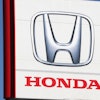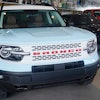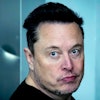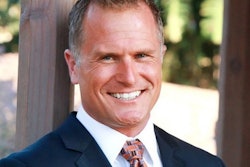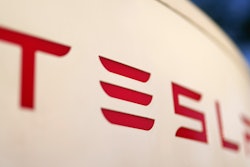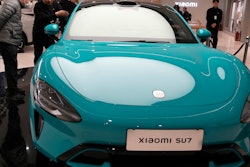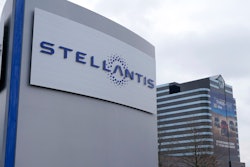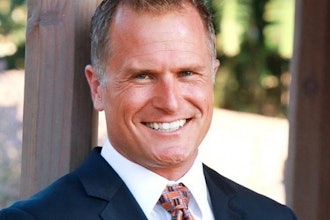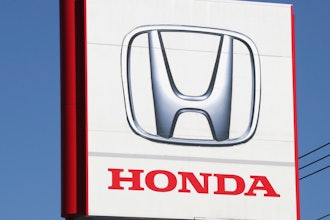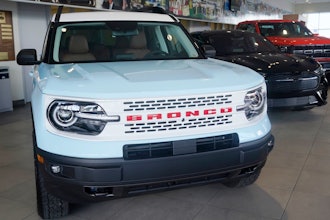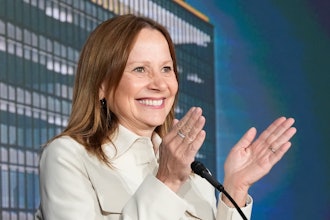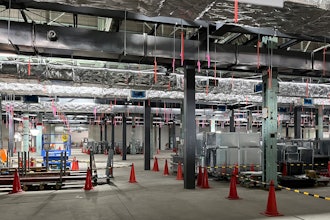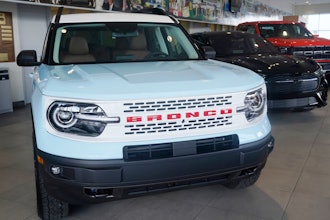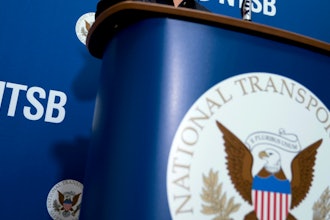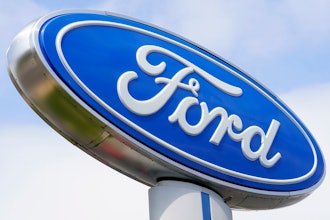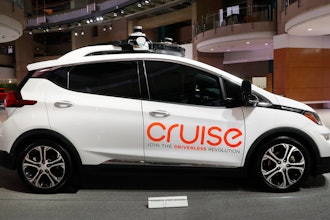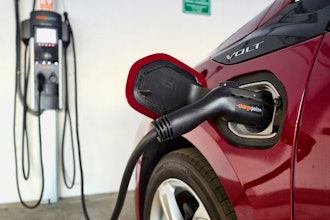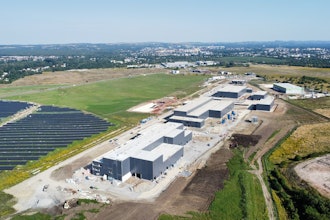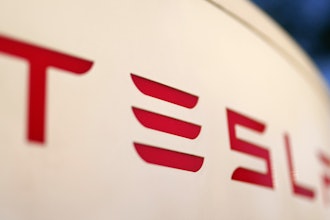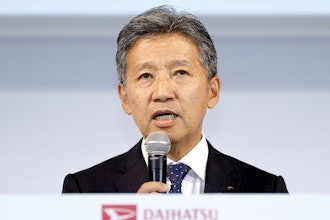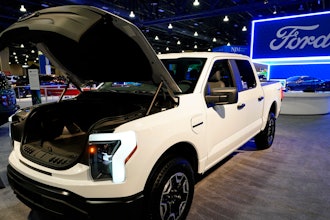Volkswagen's new CEO said Friday that the automaker must "significantly step up the pace" as it pushes into electric and self-driving vehicle technologies and shakes up its culture in the wake of a scandal over diesel emissions.
Herbert Diess said a new management structure bundling the company's dozen brands in just three divisions would mean faster decisions as the company implements a broad strategy aimed at keeping up with changes in how people use cars.
The 59-year-old Diess was named Thursday as the German automaker's new boss, replacing longtime insider Matthias Mueller. Diess came to Volkswagen only two years ago from competitor BMW and takes over with a mandate to press changes in the company's insular management culture.
As CEO, Diess will also be responsible for the company's mass market brands Volkswagen, SEAT and Skoda, as well as digital services and vehicle software. Luxury group Audi will be placed in a separate premium division and high-end brands Porsche, Bentley, Bugatti and Lamborghini in a super-premium group.
Chairman Hans Dieter Poetsch said Diess would have a chief operating officer to oversee day to day issues at the volume segment so that he would not lose focus on the company has a whole. That executive has not been named.
Speaking at a news conference at the company's headquarters in Wolfsburg, Germany, Diess said the company's goal would be "to forcefully and with focus press ahead" with the company's Strategy 2025. The plan involves adding 30 battery-powered vehicles by 2025 and tapping new revenue possibilities by focusing on offering temporary use of autos as a service.
The strategy also includes building a more open, values-based culture to avoid the cheating that took place under Martin Winterkorn, who resigned when the scandal broke in 2015. Eight managers were charged with criminal offenses in the United States and the company paid more than $20 billion in fines, settlements and penalties. In Europe, the scandal dealt a serious blow to sales of cars with diesel engines, as the heightened scrutiny revealed that other manufacturers also sold cars that polluted far more during regular driving than during testing, although not necessarily using the same illegal methods that Volkswagen did.
Mueller, who had headed Porsche, took over from Winterkorn when he resigned because of the scandal in September 2015.
Despite the high costs in reputation and fines, the company under Mueller's two-year stewardship achieved record sales of 10.74 million vehicles in 2017 and made 11.6 billion euros ($14.3 billion) in profit.
Poetsch said that the company has "to a great extent put the diesel crisis behind us."
Diesel matters could still haunt the company, since two different sets of German prosecutors, in the cities of Braunschweig and Munich, are still investigating possible wrongdoing.
As an outsider who didn't come up through the Volkswagen ranks as did Mueller, Diess must master the company's unique and sometimes unwieldy corporate culture, which includes a major government stakeholder in the state of Lower Saxony and strong employee representation that has tended to hinder cost-cutting.
When Diess came to Volkswagen in 2015 from competitor BMW, his first job was hammering out a 2016 cost-cutting agreement with the company's powerful labor representatives. The deal foresees raising German factory productivity by 25 percent and dropping 23,000 jobs through attrition but expressly rules out layoffs.
The management shakeup included appointing an employee representative, Gunnar Kilian, as chief human resources manager. Analyst Max Warburton at Sanford C. Bernstein said the Kilian appointment had the appearance of concession to powerful employee representatives in return for agreeing to naming investor-friendly cost-cutter Diess as CEO.
Warburton said, however, that despite fears that Volkswagen's insular culture might reject Diess's hardnosed approach, "instead of being squeezed out he has been pushed upward and made CEO," calling that "a sign of real change at VW."
___
David Rising in Berlin contributed to this report.

